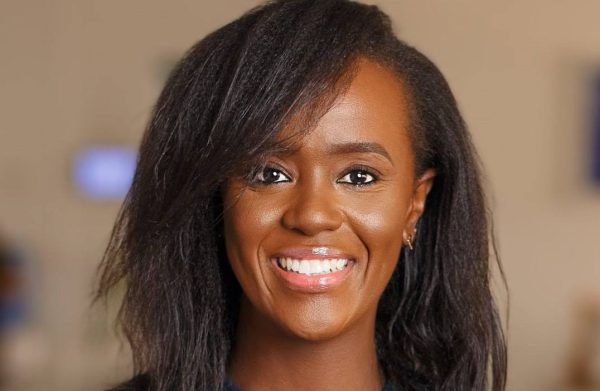Cikü Mugambi, the Chief Executive Officer of Kobo360, made a compelling case for the potential economic impact of achieving gender parity in entrepreneurship. She estimated that closing the gender gap in entrepreneurship could bring about a substantial net value addition of $5 to 6 trillion to the global economy. Furthermore, she highlighted a fascinating statistic: women-led firms are six times more likely to employ female workers compared to their male-led counterparts. This emphasis on gender diversity and inclusivity in business leadership points to a significant opportunity for fostering both economic growth and gender equality.
One remarkable aspect of her address was her focus on the entrepreneurial spirit of African women. Mugambi pointed out that African women have the highest rate of entrepreneurial activity globally, at around 24%. This figure is notably higher than in other regions around the world. It underscores the immense potential that lies in the entrepreneurial endeavors of African women, suggesting that there is a unique opportunity to harness this potential for economic development on the continent.
Mugambi delivered her keynote address at the 2023 Nimbus Aid Project, where 20 inspiring women-led businesses were provided with N40 million worth of free advertising support. She emphasized that empowering women in Africa goes beyond mere fairness; it is, in fact, an economic imperative that makes commercial sense. Her words underscore the idea that supporting and promoting women in business is not just a moral obligation but also a strategic advantage for the economy.
Furthermore, Mugambi stressed the importance of investing in the education and vocational training of women. By enhancing their skills and employability, we can create a more skilled and educated female workforce, which, in turn, leads to greater productivity and innovation across all sectors. This highlights the interconnectedness of women’s empowerment and economic development.
Another key point Mugambi made was the significance of providing women with access to financial resources. She argued that when women have equal access to financial services, microloans, and entrepreneurship support, they become catalysts for economic growth. This access allows them to not only start but also expand their businesses, driving economic development in the process.
Mugambi also referenced studies that indicate that women are more likely to invest their earnings in the health, education, and well-being of their families. This kind of investment has a positive ripple effect on the entire community, ultimately strengthening the social fabric of society. It highlights the broader societal benefits of supporting women in their entrepreneurial endeavors.
In recognition of the achievements and potential of women-led businesses, the Nimbus Aid Project awarded 20 such enterprises with N2 million worth of advertising vouchers each. This support serves as a tangible example of how empowering women in business can yield positive outcomes and foster growth.
Wale Adegoke, the CEO of Nimbus Media Limited, welcomed the audience with a poignant statement that underlined the challenges that businesses face. He highlighted the importance of communities coming together to provide support and relief to these businesses. Adegoke emphasized that women-led businesses, in particular, are the backbone of the nation, and their resilience and determination deserve not only praise but also collective support.
Conclusion: gender gap

He stressed the significance of the Nimbus Aid Project as a testament to the power of communities uniting to uplift and empower one another. It serves as a reminder that we are part of something greater than ourselves, and this support can be tapped into continuously. In essence, Adegoke’s words capture the essence of collective action in supporting and promoting women-led businesses for the benefit of the entire society ( gender).
Source: The guardian










